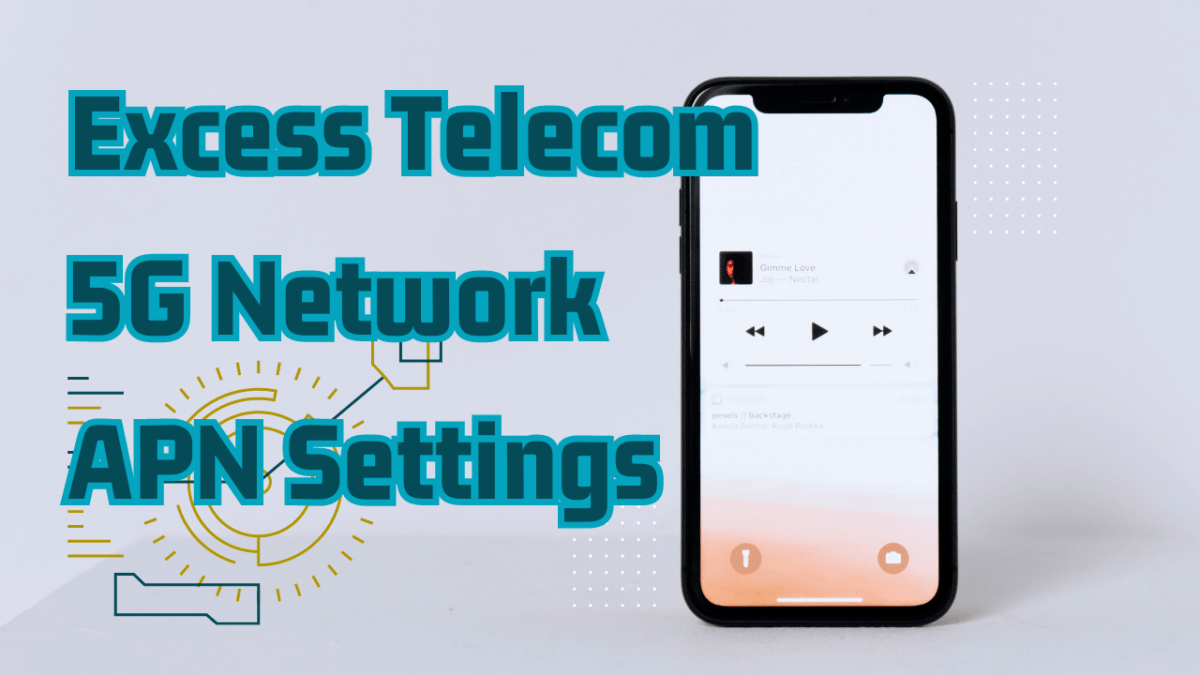As technology continues to advance, it has brought about significant changes in our daily lives. However, with these advancements come the risks of digital discrimination. This form of discrimination refers to the biased treatment of individuals or groups based on their race, gender, age, or other characteristics in digital environments. It can manifest in various ways, such as biased algorithms, exclusion from digital services, or cyberbullying.
At its core, digital discrimination is a social justice issue that requires attention and action. The Federal Communications Commission (FCC) recognizes the importance of addressing digital discrimination and has established a task force to examine the issue. The task force has visited several cities, including Baltimore, to understand the impact of digital discrimination on communities and identify ways to combat it.
Some residents told the FCC that the city’s majority-Black population is concentrated in areas where internet service is slow. Others said multi-generational households often lack the funds to pay for high-speed internet service. Other speakers shared anecdotes about households sharing devices, making it more difficult to access medical appointments, public services and education.
The event was one of a series of listening sessions planned by the FCC’s Task Force to Prevent Digital Discrimination, a term used to describe circumstances in which internet service providers deny broadband access for reasons other than technical or economic difficulties.
Baltimore officials and residents at Tuesday’s event said the city continues today to face steep steep connectivity issues, even with initiatives like the FCC’s Affordable Connectivity Program, which provides low-income households with deep discounts on internet service.
Digital Discrimination in Baltimore
Baltimore, like many other cities across the United States, has experienced digital discrimination. Low-income communities and communities of color have been disproportionately affected by the lack of access to affordable broadband internet, which has limited their ability to participate fully in the digital world. This exclusion can lead to further economic disparities and exacerbate existing social inequalities.
The task force’s visit to Baltimore provided an opportunity to understand the extent of digital discrimination and its impact on the city’s residents. The task force met with community leaders, organizations, and individuals to gain insight into their experiences with digital discrimination.
Combating Digital Discrimination
The task force’s visit to Baltimore is just one step in the fight against digital discrimination. It is essential to recognize that digital discrimination is a complex issue that requires a multifaceted approach to address it adequately. Here are some steps that can be taken to combat digital discrimination:
- Increasing Access to Broadband Internet – The FCC and other organizations can work to increase access to affordable broadband internet in low-income communities and communities of color.
- Regulating Biased Algorithms – Algorithms used in digital services should be regulated to prevent discrimination based on race, gender, age, or other characteristics.
- Education and Awareness – Raising awareness and educating the public about digital discrimination can help individuals recognize and combat biased treatment.
- Supporting Diversity and Inclusion – Encouraging diversity and inclusion in the tech industry can help reduce the risk of digital discrimination.
Minority communities in Baltimore are concentrated to the east and west of a central, predominantly-white “L-shaped” area, said Carter-Disanto. These neighborhoods form what is known locally as the “Black Butterfly,” which corresponds to a high concentration of unconnected people, she said.
“The history of redlining is deep, and the impacts are ever-present,” she said.
FCC Chair Jessica Rosenworcel formed the Task Force to Prevent Digital Discrimination last year to prevent carriers from discriminating. The first listening session took place in Los Angeles last month.
The FCC is still developing an official definition of digital discrimination. The 2021 infrastructure law ordered the commission to develop anti-digital discrimination policies and to improve its public-complaint process.
Conclusion
Digital discrimination is a critical issue that affects many communities in the United States. It is a form of discrimination that can have significant consequences, including economic disparities and social inequalities. The FCC’s task force on digital discrimination is an important step in addressing this issue, but it requires a collective effort to combat it effectively. By increasing access to broadband internet, regulating biased algorithms, raising awareness, and promoting diversity and inclusion, we can work towards a more equitable digital future.
🚨 Breaking News 🚨 Baltimore takes the lead in fighting digital discrimination. 💪 #EquitableTech
#digitaldiscrimination #FCC #Baltimore #EquitableTech #socialjustice #techdiversity #digitalinclusion #cyberbullying #biasedalgorithms #broadbandaccess





